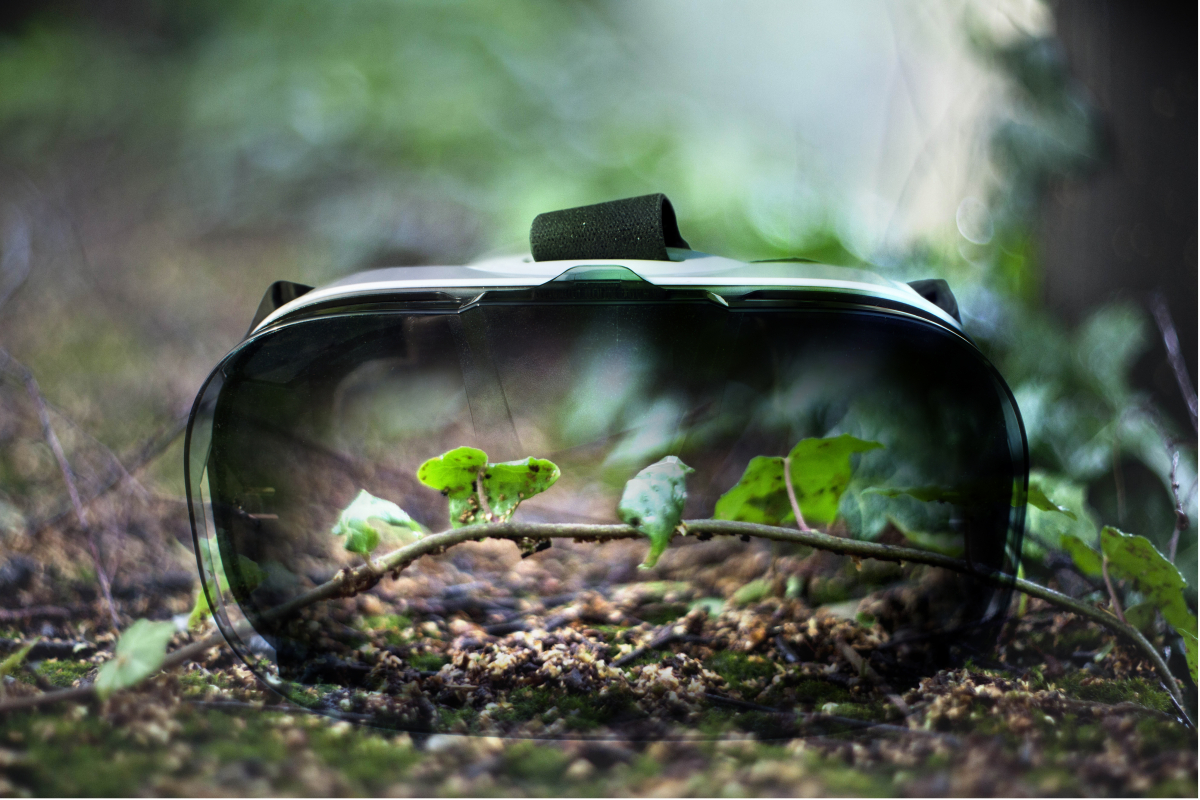Does forest bathing also relax us in VR?
A group of scientists from the Czech University of Life Sciences and a psychologist in collaboration with researchers from the Department of Forestry have tested whether visiting a forest with a virtual reality (VR) experience generates similar positive feedback in people as in real nature.
The scientists accompanied a group of 15 people to the Roztocký háj nature reserve near Prague for 30-minute bathing sessions MIT Technology Review. The researchers then developed a virtual twin of the same forest area with the help of laser scanners. This was supplemented with audio recordings.
Editor’s Recommendations
20 participants, including ten who had visited the real forest, would then have spent 30 minutes in the virtual forest with VR cameras. Questionnaires assessing the participants’ emotional state showed no significant difference between the two experiences.
This was already stated in a published report last November Frontiers in Virtual Reality. Martin Hůla, the forest scientist who led the project, explained: “I was aware that the forest wasn’t real. Still, the experience was immersive (nearly real) and it was easy for me to forget I was in a testing room.”
Countless studies on the Japanese concept of forest bathing have lauded purported health benefits for mental health, cognitive performance, lowering blood pressure and even reducing depression and anxiety. VR has been used to distract children during medical procedures and has icy virtual landscapes relieved the pain of burn victims.
The scientists therefore wanted to test whether VR can help for the many people in cities without access to forests. Another group of scientists investigated virtual forest bathing in a paper recently published in the journal Forests.
This time the scientists developed a game for the participants based on real methods of guided forest therapy outdoors. Tasks included taking photos with a virtual camera, collecting various items, and participating in a simple fitness routine designed to give players a sense of adventure.
The eight people involved in the study found that their depression, anger and fatigue decreased after the game. But the studies on VR also showed limits. Since computing power is finite, virtual forests have physical limits.
Some participants in the Czech study said they felt trapped when they encountered the invisible forest wall. The limited processing power also means that the computer cannot perfectly reproduce small details such as mushrooms or insects.
Also, virtual environments cannot imitate all the sensory impressions of a real forest, such as the smell of damp leaves. In one post, the scientists said, it was proposed to solve this problem by spreading leaves on the floor of the participant’s interior. Mimicking other senses, like feeling the wind, would prove more complicated.
Virtual environments can also trigger the so-called cyber sickness, which occurs when the eyes perceive movement but the body does not. Psychologists, forest experts and computer scientists hope so the reportthat further research with larger groups of participants will help to overcome these limitations.



